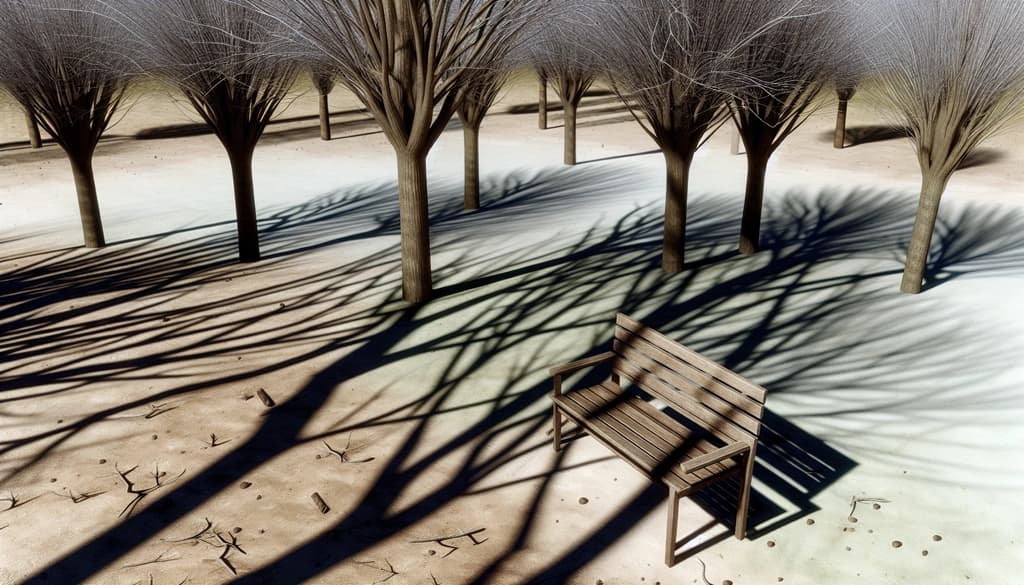The Sound of One Hand: Entering the Koan’s Silence

The Koan’s Invitation to Not-Know
The sound of one hand. You hear the phrase, and something in you leans forward—hoping for a story, for meaning, for a gentle parable as in the old spiritual fables. But the koan stands, open and empty.
A teacher holds out her palm. The student waits for wisdom to fall from the sky, but rather than a lesson, there is only the rustle of thoughts in the mind. It is not a puzzle, not a riddle. Just a space where answers grow quiet.
Ancient masters did not always explain, and the stories survive like river stones—worn, reshaped. For those sensing a deeper resonance in these exchanges, exploring Zen koans meaning might offer another layer of silence beneath the words.
Stories Without Stories
In many spiritual traditions, fables are offered: animals who gain insight, wise fools stumbling on sudden clarity, student and teacher entangled in a dance of questions and answers. The stories point, but never quite land. Wisdom, carried in a basket woven with riddles.
- A monk asks about enlightenment. The teacher draws a circle in the dust.
- The river flows, the stones remain warm under the sun.
- You listen—not for answers, but for the way silence shifts inside your chest.
Just as a parable can open a quiet doorway, wisdom flows in traditions where teacher and student exchange not only words, but something unnameable. For those seeking more, wisdom from spiritual teachers sometimes echoes in the hush between sentences.
What Echoes in One Hand?
Zen koans keep their meaning behind a gauze of paradox. The one hand clapping is no ordinary noise. It is not the sound at all, but the moment before sound arises—the expectancy, the emptiness, the whole wide room.
You may remember an old teacher smiling, turning the question back to you. What is the sound of your heartbeat right now? What is the meaning of stillness, seated alone in the company of your own breath? Each koan, like each fable, returns you to the simple resistance of not knowing.
- The hush before an answer.
- The shiver of wanting to be wise.
- The familiar ache of the question itself.
If the sound of one hand lingers, let it. There are stories, like the tale of the blind men and the elephant, that turn meaning into many hands reaching for the same truth. You may wander to a Story of the blind men and elephant and notice how silence has its own form.
Now pause. Let the koan rest in you, heavy as stone, light as breath. No answer is needed; the story has outgrown the words.
